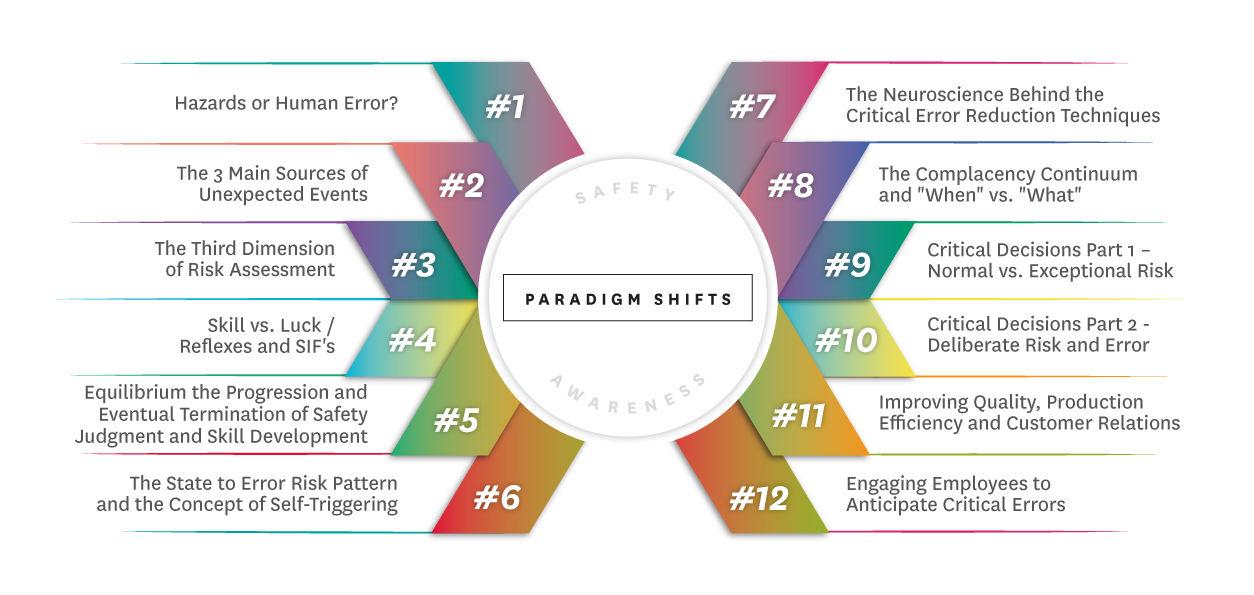In a world that once seemed confined to the realms of science fiction, artificial intelligence has emerged as a groundbreaking force reshaping our reality. The rapid advancements and paradigm shifts in this transformative technology have revolutionized industries, society, and the way we perceive the future. Join us on a journey through the evolution of artificial intelligence as we explore the innovative breakthroughs and game-changing applications that are propelling us into a new era of possibility and innovation.
The Evolution of Artificial Intelligence Technologies
Over the years, the field of artificial intelligence has seen remarkable advancements, with each technological breakthrough marking a significant paradigm shift in the way we perceive and utilize AI technologies. From its humble beginnings as a concept in science fiction to its current widespread applications across various industries, AI has evolved in ways that were once unimaginable.
Some key paradigm shifts in artificial intelligence technologies include:
- Machine Learning: The shift towards machine learning algorithms has revolutionized AI by enabling computers to learn from data and make decisions without explicit programming.
- Deep Learning: Deep learning algorithms, inspired by the structure and function of the human brain, have significantly improved AI capabilities in areas such as image recognition and natural language processing.
Impacts on Industries and the Workforce
The advancement of artificial intelligence has led to significant changes in various industries and the workforce. One of the key impacts is the automation of repetitive tasks, which has increased efficiency and productivity in sectors such as manufacturing, healthcare, and finance. This shift has allowed companies to streamline their operations and reallocate resources to more strategic initiatives.
Additionally, artificial intelligence has enabled the development of innovative products and services, leading to new job opportunities in fields like data science, machine learning, and robotics. However, this technological shift has also raised concerns about job displacement and the need for upskilling and reskilling programs to ensure the workforce remains competitive in the digital age. Companies must adapt to these changes by investing in employee training and development to stay ahead in a rapidly evolving marketplace.
Ethical Considerations and Regulatory Frameworks
As artificial intelligence continues to advance, the surrounding its use are becoming increasingly important. One of the key shifts in this area is the recognition of AI as a tool that can both benefit and harm society, depending on how it is developed and deployed.
With this in mind, it is crucial for policymakers, researchers, and developers to consider the potential impacts of AI on various aspects of society, such as privacy, security, and equality. By implementing robust ethical guidelines and regulatory frameworks, we can ensure that AI technologies are used responsibly and in ways that benefit humanity as a whole. This paradigm shift represents a new era in which the ethical implications of AI are at the forefront of decision-making processes, pushing us towards a more thoughtful and considerate approach to innovation.
Adapting Strategies for the Future of AI Integration
As we navigate the ever-evolving landscape of artificial intelligence, it becomes apparent that the future of AI integration will require businesses to adapt their strategies in innovative ways. The paradigm shifts occurring in the realm of AI technology present both challenges and opportunities for organizations looking to leverage AI to remain competitive in their industries.
One of the key strategies for the future of AI integration is to prioritize ethical considerations in the development and deployment of AI systems. Ensuring that AI technologies are designed and used responsibly will be crucial for maintaining public trust and ensuring regulatory compliance. Additionally, embracing a culture of continuous learning and innovation will be essential for organizations to stay ahead of the curve in the rapidly advancing field of artificial intelligence.
To Wrap It Up
As we continue to witness the rapid evolution of artificial intelligence, one thing is certain – the paradigms are shifting before our very eyes. From machine learning to neural networks, the possibilities seem endless. As we look to the future, it’s crucial to embrace these shifts and adapt to the changing landscape of AI. Who knows what newfound innovations and breakthroughs lie ahead? The only certainty is that the world of artificial intelligence is constantly evolving, and we must be ready to evolve along with it. Let us embark on this fascinating journey together, as we navigate the ever-changing world of AI.
